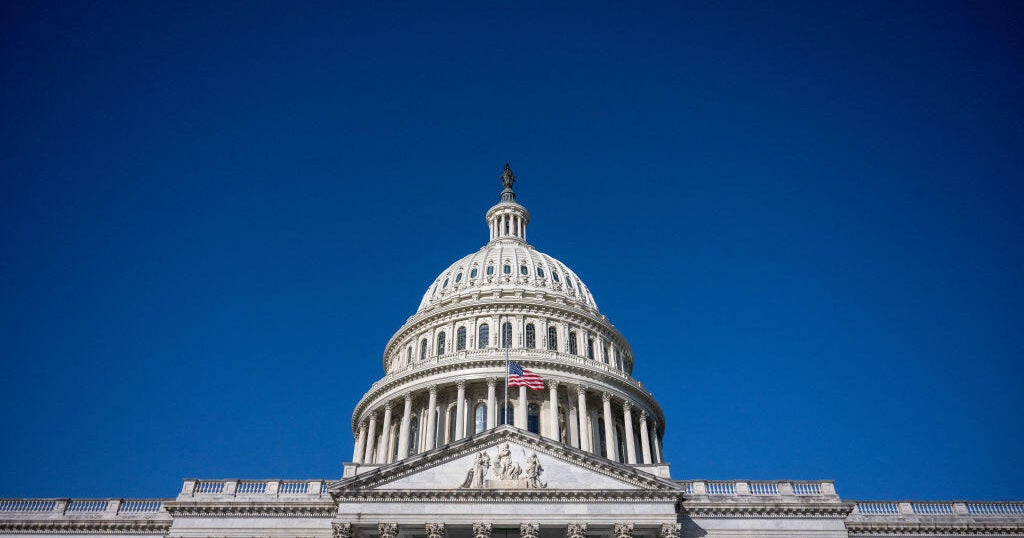In the expansive eastern plains of Colorado, the financial viability of small healthcare facilities is constantly under threat. Among these, Lincoln Health, situated in a modest county housing fewer than 6,000 people, operates the only hospital within a 75-minute drive. This establishment has found itself ensnared in the complexities of financial survival in an area marked by sparse population and limited resources.
For over ten years, Lincoln Health has managed to keep its operations running, partly due to an unexpected lifeline: special taxation imposed on Colorado’s hospitals. The structure of this tax system is designed to support Medicaid, a critical program that offers health coverage to millions of Americans, particularly low-income adults and children. The taxes paid by hospitals like Lincoln contribute towards the state’s expenses for Medicaid. This arrangement not only covers local costs but also draws matching federal funds, significantly amplifying the financial resources available for healthcare services.
In the previous year, Lincoln Health contributed approximately $500,000 in provider taxes. Remarkably, this contribution translated into an additional $3.6 million in Medicaid funding for the hospital, accounting for about 15% of its overall budget. Kevin Stansbury, CEO of Lincoln Health, highlighted the essential role these funds play, enabling the hospital to provide care for Medicaid-enrolled patients without suffering financial losses. According to Stansbury, without this supplemental funding, the hospital’s ability to continue operations would be critically hindered.
This financial mechanism is not unique to Colorado. Every state in the U.S., except Alaska, has implemented at least one type of provider tax to enhance its Medicaid funding. These taxes are crucial as they allow states to leverage federal money, thus maximizing their capacity to provide adequate healthcare services under Medicaid.
However, this system has come under scrutiny and faces potential jeopardy as political dynamics shift. The Congress, predominantly controlled by Republicans, has expressed intentions to make cuts to Medicaid, which currently commands a budget nearing $900 billion. The proposed cuts are part of a broader fiscal strategy to fund an extension of tax cuts initiated under President Trump’s administration. There has been significant political rhetoric around provider taxes, with some critics labeling them as forms of “money laundering,” a characterization strongly disputed by those benefitting from or supporting the system.
From a broader perspective, Medicaid and the Children’s Health Insurance Program collectively cater to approximately 79 million individuals across the country, encompassing low-income and disabled demographics. The partnership between state and federal funding typically varies, with the federal government contributing between 50% to 77% depending on specific state metrics. The introduction of provider taxes in the 1980s has been a strategic move by states to secure these essential federal matching funds.
Critics like Brian Blase, a former health policy adviser under the Trump administration and current head of the Paragon Health Institute, argue that provider taxes lead to inefficiencies and lack of accountability, potentially escalating Medicaid spending without sufficient oversight. Nonetheless, proponents argue that these taxes are vital for sustaining healthcare services, particularly in under-resourced areas.
The ongoing debate touches on various proposals to reform Medicaid, including imposing work requirements for recipients and reducing federal payments for adults who gained coverage under the Affordable Care Act’s expansion of Medicaid. These discussions are part of broader contentious policy debates and financial maneuvers aimed at reducing federal expenditures on health care.
States have been creative in their approaches to utilizing provider tax revenues, using these funds to buffer against economic downturns and to enhance payments to healthcare providers, who often receive lower reimbursements under Medicaid compared to Medicare or private insurance. This supplemental funding has been crucial for maintaining healthcare services in rural and economically challenged areas.
In Colorado, the application of provider taxes has been part of a comprehensive strategy to sustain and enhance Medicaid services since 2009. The initiative has enabled expanded coverage and improved reimbursement rates for healthcare providers, thus alleviating some financial pressures and improving healthcare access for several demographics, including low-income adults, children, and individuals with disabilities.
The debate over provider taxes encapsulates a broader national dialogue about the balance between federal and state responsibilities in healthcare financing, the role of taxation in public service provision, and the strategic use of federal funds to achieve state policy goals. As these discussions evolve, the future of Medicaid funding and the sustainability of health services in rural and underserved communities hang in the balance, making the stakes particularly high for institutions like Lincoln Health and the populations they serve.









